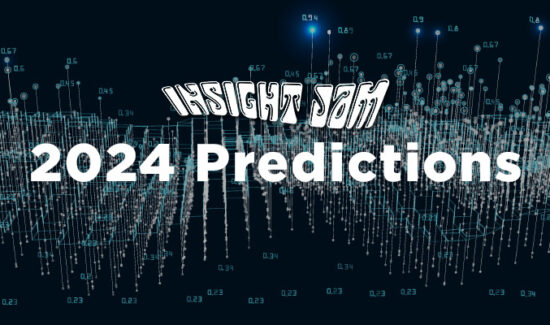The Changing Composition of Data Science Teams

Solutions Review’s Contributed Content Series is a collection of contributed articles written by our enterprise tech thought leader community. In this feature, KNIME‘s Rosaria Silipo offers commentary on the changing composition of data science teams.

As business leaders look to capitalize on the potential of data science, many have turned their attention toward finding more specialized talent — and empowering more generalists to complete what used to be complex data science tasks. Increasingly, leaders are recognizing the importance of developing well-rounded teams that can ideate, put new machine learning models into production, and integrate pre-existing machine learning models.
From a business perspective, organizations need the ability to recruit specialized talent to capitalize on emerging data science trends — especially those related to the rise of new AI tools. And potential job-seekers need to know which skills these businesses are looking for, as well as how to market themselves as specialists and showcase their unique areas of expertise.
The Changing Composition of Data Science Teams
The New Data Science Landscape
Just a few short years ago, most businesses assigned a single person to handle all data science-related tasks: the data scientist. This data scientist was tasked with overseeing data acquisition, data storage, data cleaning, model training, model tuning, productionization, and more. Many businesses had to experience less-than-ideal outcomes, such as delayed project timelines and subpar model performance, before they realized that they could no longer rely on a single data scientist to handle all of these tasks.
The rise of new AI applications has also demonstrated the ineffectiveness of this generalist approach. Given the complexity of developing AI applications from scratch, many businesses have shifted their focus toward adopting and tinkering with pre-existing models. A greater focus on integration means that, in many cases, engineers are a better fit for these roles than true data scientists.
As a result, businesses have shifted their hiring focus to more specialized data science roles, including:
- Data engineers: Data engineers feed the pipeline with massive amounts of historical data and prepare it for analysis. They do this by subjecting data to various quality control measures and storing it in a data warehouse or lake. Without data engineers, data scientists would have to use low quality data to train their models.
- Data analysts: Data analysts are typically tasked with reports and visualization of trends and KPIs. These reports serve to check the status quo of the data, or of the business as a whole.
- Machine learning engineer. These engineers are the most recent addition to businesses’ data science teams. Situated somewhere between a data engineer and a data scientist, ML engineers oversee the tuning and productionization of machine learning models.
- Data scientists. Data scientists do still play a role in modern data science teams. However, their role is now more confined to the creation and training of machine learning models, and they must rely on collaboration with more engineering-like professional figures.
A renewed focus on roles outside of the traditional data scientist gives businesses the versatility to harness their data more effectively.
Specialization is Key for Data Science Teams
From the employee perspective, job-seekers must adjust to these new hiring preferences to land data science jobs. With integration and engineering skills more valuable than ever, job-seekers should develop or deepen their expertise in these areas, taking a more engineer-like approach instead of a solely creative one.
In today’s competitive hiring environment, practical experience is also a must. It’s not enough to simply possess technical skills. Tech companies are looking for proven experience in application building and model training — as well as softer skills like project organization and result presentation. And while a breadth of experience is beneficial, candidates who specifically market themselves as a data analyst or data engineer may find it easier to attract the attention of employers.
Modern data science teams require extensive engineering, analytics, and integration knowledge to complete projects. It’s clear that specialization is the only way to achieve this balance. This trend toward forming well-rounded teams capable of innovation, deployment, and integration will only continue as data science leaders work to develop a deeper understanding of their industry.



















